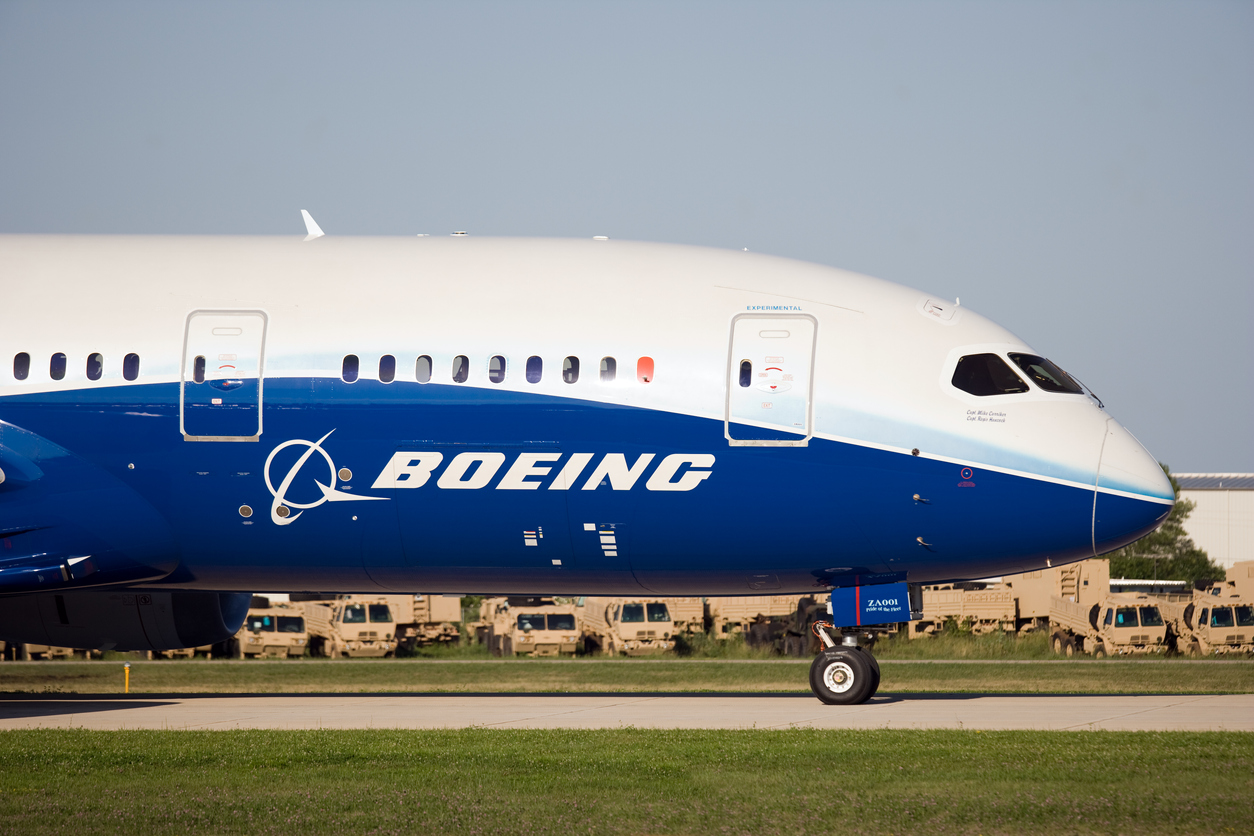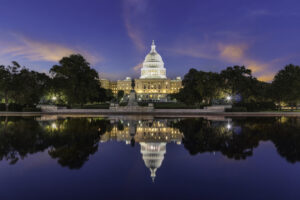The Scoop: Boeing pleads guilty to fraud over 737 MAX plane crashes
Plus: Paramount and Skydance agree to merger; NASCAR reveals an EV.

The Boeing saga wears on. In the latest news, the aerospace giant has pled guilty to criminal charges over its handling of the safety issues tied to fatal crashes involving its 737 MAX aircraft.
According to a report from The Washington Post, the guilty plea enables Boeing to avoid going to trial over the matter. The plea also includes hundreds of millions of dollars in fines and commitments to improving safety practices at Boeing.
While it is rare for such a large and prominent company to plead guilty in such a high-profile case, not everyone is satisfied with the Department of Justice’s approach or the guilty plea.
Paul Cassell, attorney for the families in the case and a professor at S.J. Quinney College of Law at the University of Utah, immediately filed an objection to the agreement on their behalf.
“Through crafty lawyering between Boeing and DOJ, the deadly consequences of Boeing’s crime are being hidden,” Cassell said.
Added Erin Applebaum, a partner at Kreindler & Kreindler who has worked with Cassell in representing family members: “We are extremely disappointed that DOJ is moving forward with this wholly inadequate plea deal despite the families’ strong opposition to its terms.”
Why it matters: While this isn’t Boeing’s first foray into the world of not-so-positive press as of late, it is significant. Boeing’s guilty plea indicates the company’s culpability in safety lapses that caused the deaths of hundreds of people — an entirely avoidable problem that could have been solved with simple reporting procedures. Not doing so has caused Boeing’s reputation in the airline space, with many travelers checking their airline tickets a second time to make sure they’re not flying on a Boeing aircraft. Plus, those who are dissatisfied with the terms of the guilty plea may seek additional measures to hold the organization accountable.
As we touched on in March, the airline industry’s most valuable currency is the trust of customers. Although Boeing works with airlines and not passengers directly, if people are talking about avoiding their planes when booking flights, it’s well past time for some corrective measures. The company did own up to its slipshod work and apologize to the families of crash victims, but crisis PR isn’t a one-time fix. It requires time, effort and intentionality. The more Boeing does on that front right now, the better and the sooner people might come to trust it again.
Editor’s Top Picks:
- After nearly coming to terms a few weeks ago, Paramount and Skydance have agreed to a merger. According to CNBC, Skydance will invest nearly $8 billion into Paramount and acquire National Amusements. The latest Hollywood shakeup comes with lessons beyond streaming devices and the silver screen, though. When news of potential mergers is floating around in the media, communicators need to get ahead of them to assure both customers and employees that these moves are best for the health of the company and the customer experience. Now that the deal is agreed upon, it’ll be worth watching to see how advertising and outreach at Paramount change in the weeks and months ahead.
- When you think of NASCAR, you probably don’t think of quiet, energy-efficient electric vehicles. But the stock car racing circuit may defy your expectations in that regard because according to CNN, it’s unveiling an electric car with twice the horsepower of any of its traditional combustion engine cars. But NASCAR isn’t letting go of its gas-powered roots. “The combustion engine is our core product, and that will remain so for the coming future,” said Riley Nelson, NASCAR’s head of sustainability to CNN. This juxtaposition is an interesting move. By balancing both innovation and embracing the core of the product, NASCAR is positioning itself as an old mainstay for legacy fans, but opening the door for new people too. Bold and smart move.
- Not all learning is done in the classroom, and with that knowledge, some big companies are trying out a new employee benefit — offering college credit for work. According to a report from NPR, companies like Walmart are implementing corporate training and certifications that can earn employees college credits and get them nearly halfway to a degree. When you’re an old mainstay company, it can be difficult to pave new ways to define your organization. Programs like this one go a long way toward creating an evolving view of an organization in the public eye — and in the eyes of employees. If you’re not thinking about new ways to retain and cultivate customer loyalty and talent, you’re not thinking far enough ahead about your reputation and role in the public sphere.
Sean Devlin is an editor at Ragan Communications. In his spare time he enjoys Philly sports and hosting trivia.






